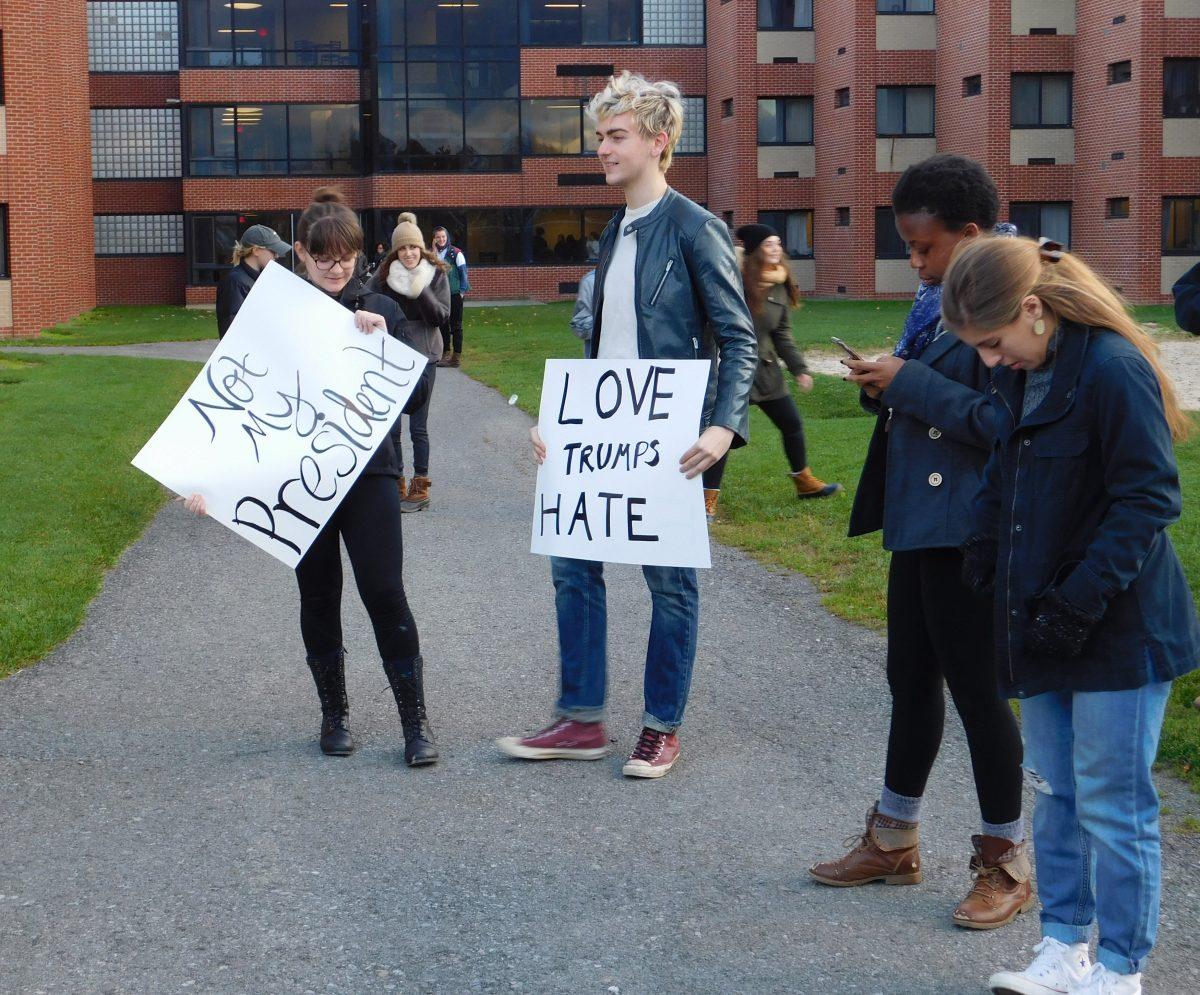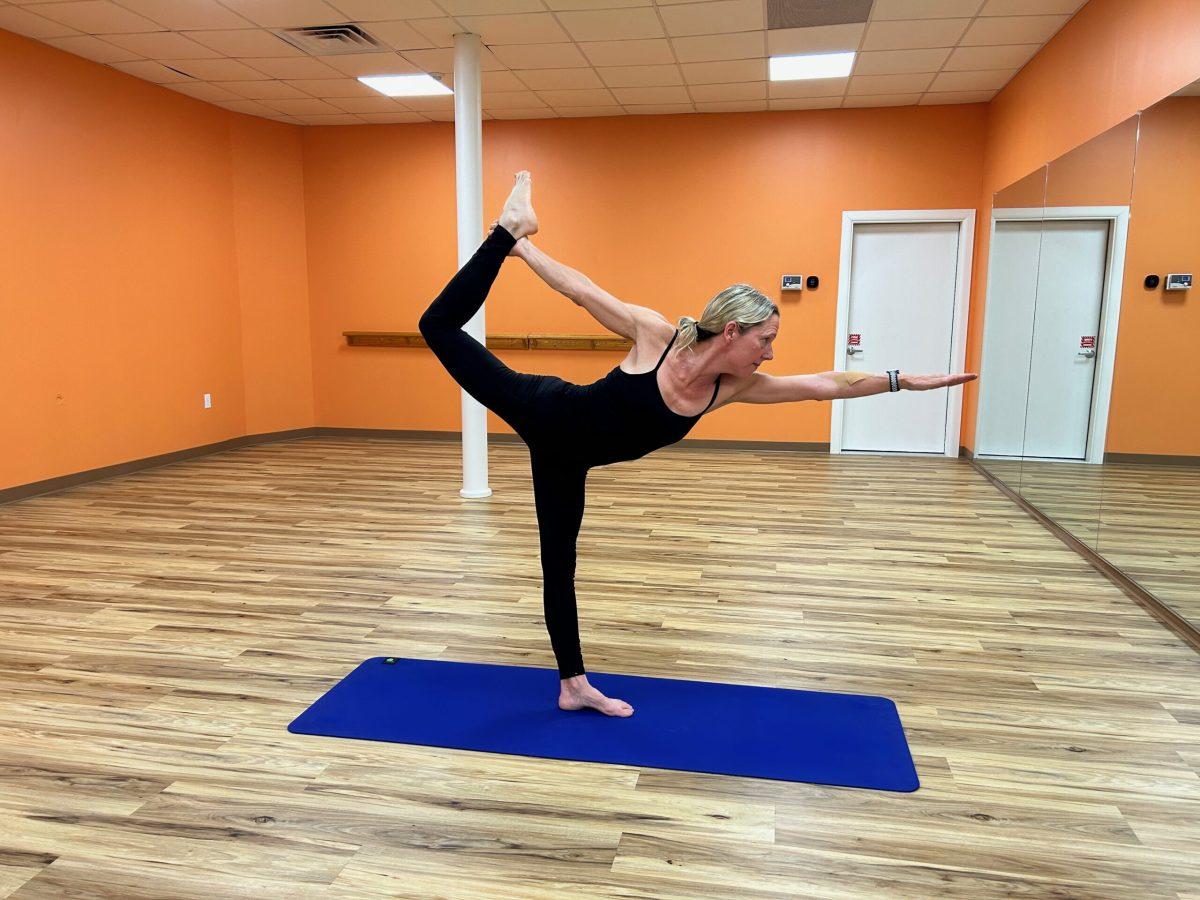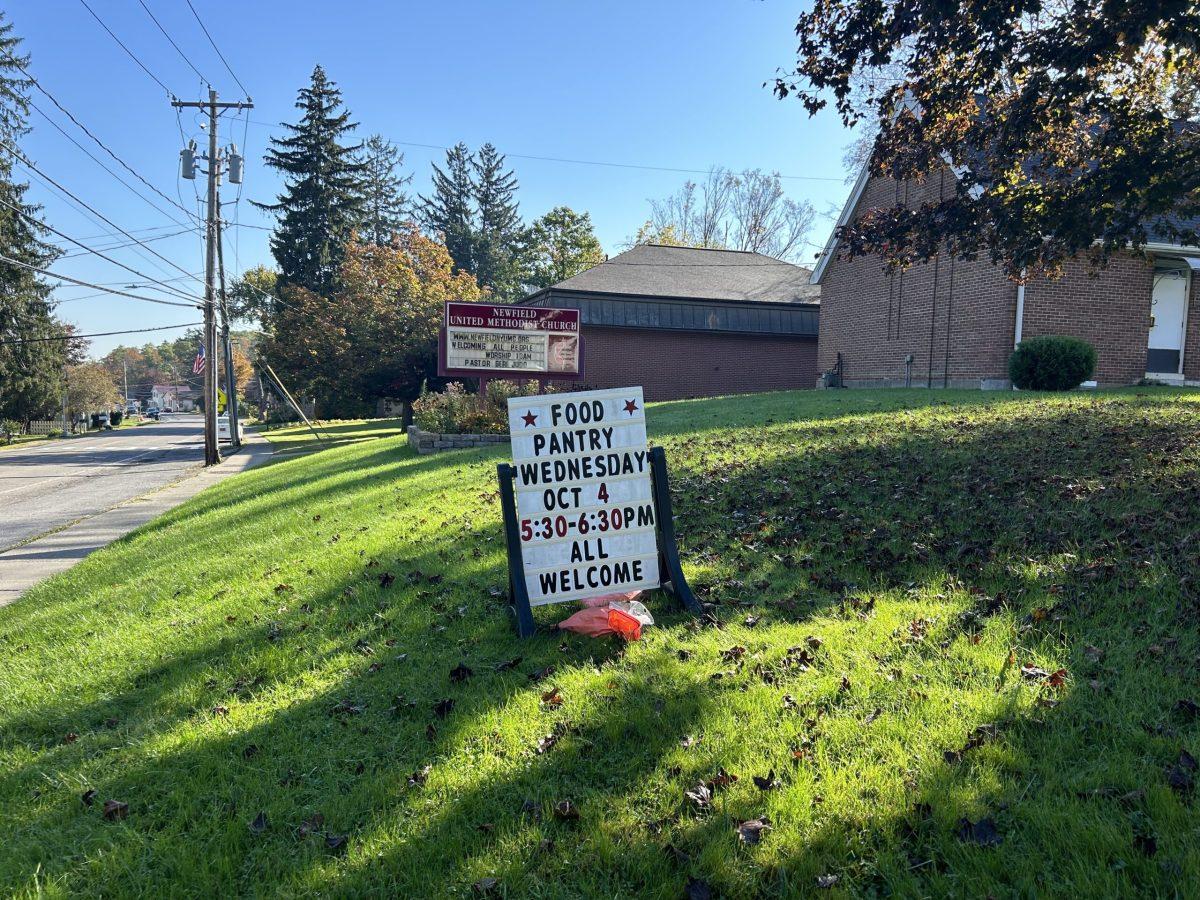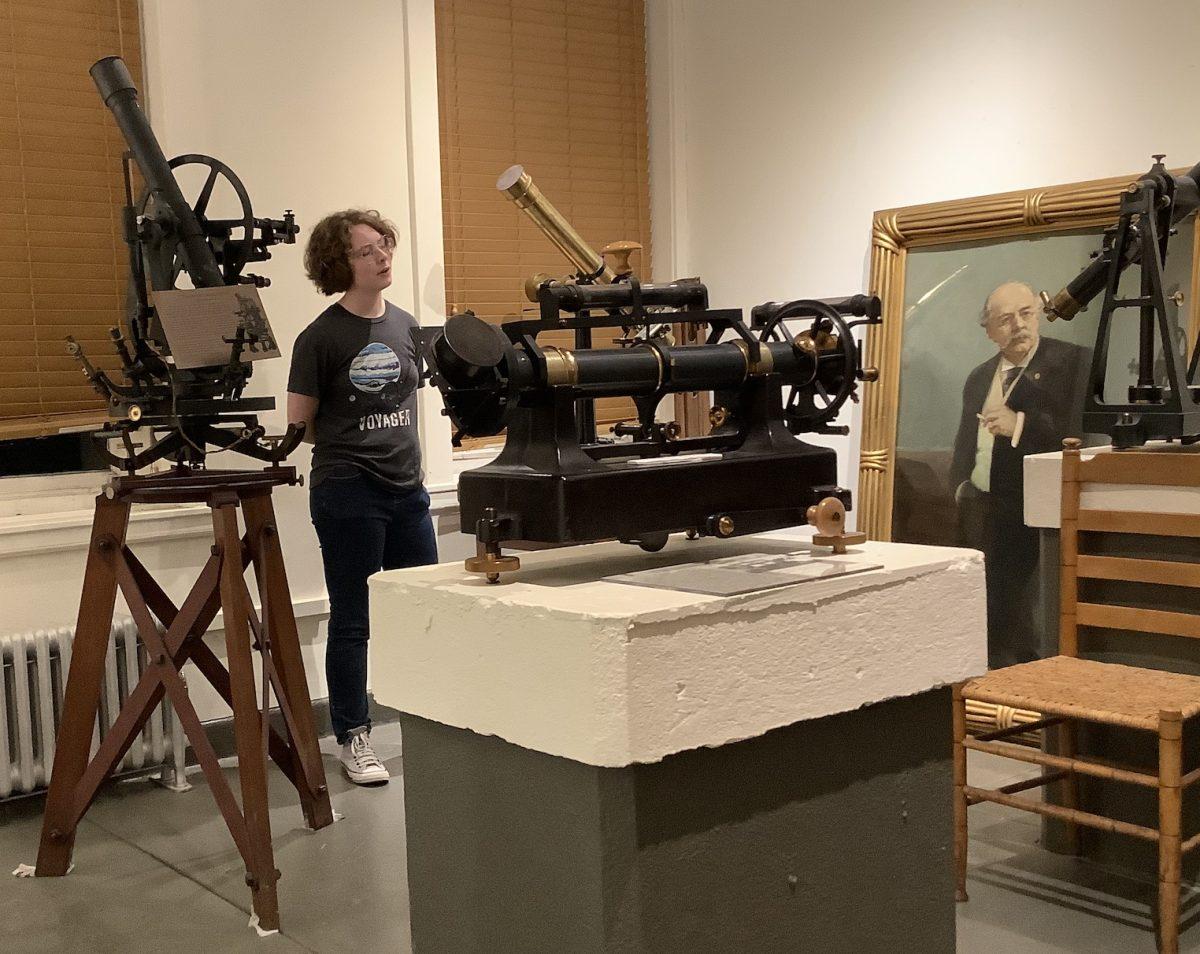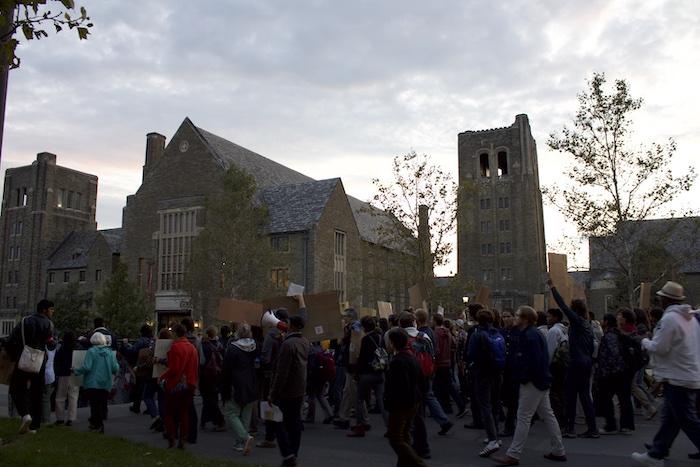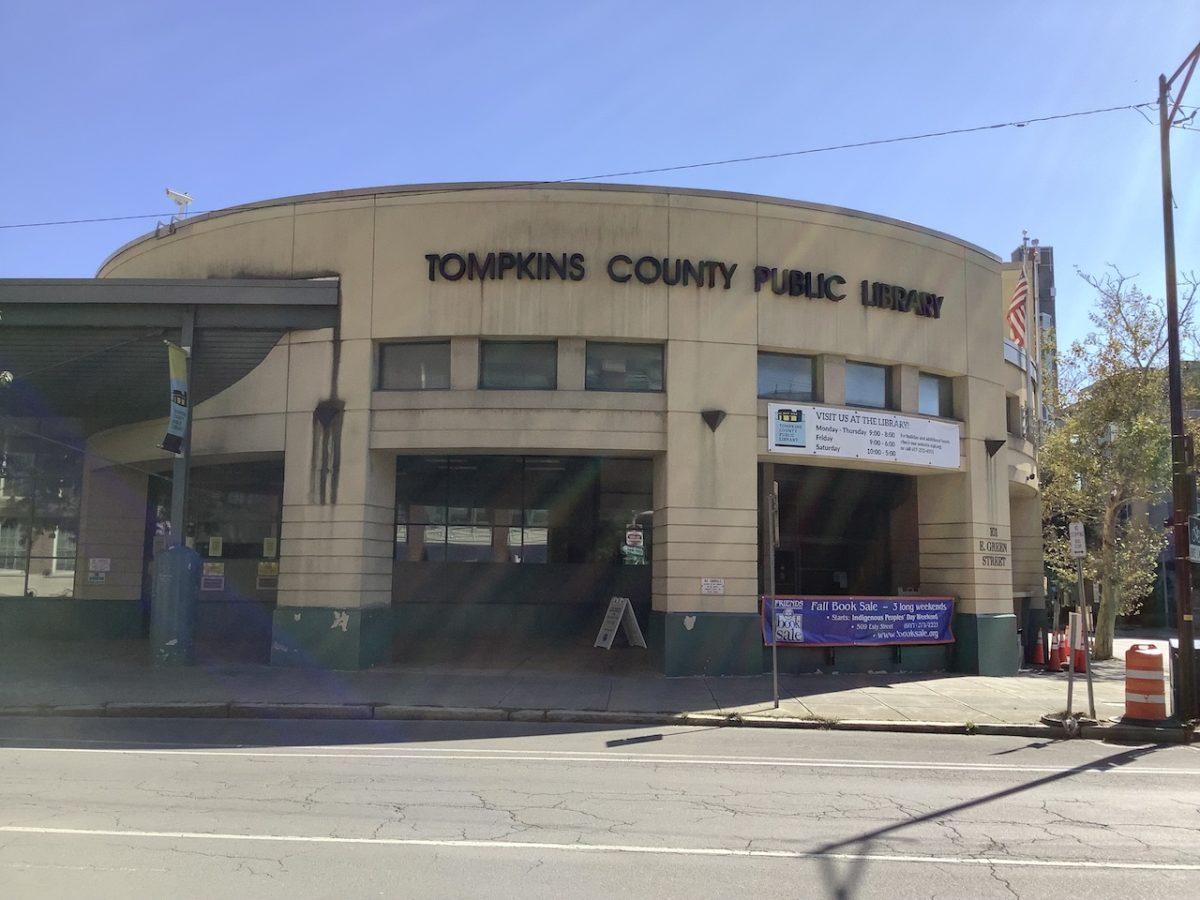The results of the November 8 election for the next President of the United States of America left thousands of people reeling in disappointment. However, it didn’t take long for activists and community members to take action. Protests sprang up across the country, in major cities such as New York City, Portland, Philadelphia, Miami, Los Angeles, and more.These protests were in part due to the election of Donald J. Trump, but also due to the outbreaks of hate crimes that have been reported after Trump’s victory. Many have argued that his rhetoric and remarks against women, Muslims, immigrants, people with disabilities and more have been very offensive and encouraged those who feel similarly to act out and incite fear and violence. Events like this seem to add to the passion of demonstrators across the country as they call for peace and acceptance. The phrase “Love Trumps Hate” has been widely used. Regardless of the political party in power, many marginalized groups have felt this way for decades, and worry about equitable treatment, access to healthcare, safety and more on a daily basis. Now people are banding together as they have for years in an attempt to have these marginalized voices heard.

While city protests had thousands of people in attendance, Black Lives Matter Ithaca hosted a “Rally Against Trumpism and Hate” on a smaller scale the night of Nov. 9 at the Bernie Milton Pavilion to discuss next steps. 380 people indicated they were attending the event on Facebook. Students from Ithaca College also held their own peaceful protest on November 11, with nearly 100 students convening in Emerson Hall to make signs and march down the hill to the entrance of the commons at East Seneca Street, before returning to the college campus.
Sophomore Talia Weindling, one of the organizers of the event, clarified in a post to the Facebook event page that this protest was not against the Republican Party or any political beliefs, but rather a reaction to the hateful speech and actions that have increased in the past few months.
“It’s a way we can come together and express our feelings on the issues regarding Trump’s policies, what he stands for, which is bringing hate around the country and our school,” Weindling said. “We’re here to spread awareness of what we cannot let happen to our fellow American’s rights and safety.”
Sophomore Chloe Ziff also helped organize the event, and led the chants at the beginning of the march down South Hill using a megaphone. Some chants included “Tell me what democracy looks like? This is what democracy looks like!” and “Brothers, sisters, come unite for every person’s human rights.”
Senior Grace Clauss said she attended the event to show solidarity for marginalized people who were impacted by this election.
“I’m here because I’m a woman, I’m standing up for my rights,” Clauss said. “I am here to spread education and spread awareness. I’m here to support … everybody who deserves equality in this country.”

As college students, not all of the people planning to vote were from Ithaca or even from New York. As such, the process for them to vote was not as clear as it may have been in their hometowns. Multiple people expressed having difficulties understanding how the absentee ballot process worked as well as frustration about the deadlines and transparency of information. Clauss said she had no problems with her ballot.
“I took care of everything before I even came to school in the fall and it came right to my doorstep, it was a really easy process,” Clauss said.
Sophomore Shane Reynolds said he was unable to vote in this election because he was misled by conservative family members as to the process of voting. He said the lack of information about voting may have influenced the election results because of voter turnout.
“I think they’ve made it difficult for people to vote,” Reynolds said, adding that working-class people and minorities were targeted by location and also affected by accessibility. “Not everyone can afford to take off work to go vote.”
Voters are able to access information about participating in elections online as well as by calling their local offices. However, multiple people expressed that voting is generally shown as a process that happens the day of the election and that they feel the early deadlines for absentee ballots are unfair, because it is not always clearly communicated when the ballots have to be mailed in.
Clauss said that a change in the voting system could help increase voter turnout by clearing up the confusion many young people have regarding absentee voting.
“There needs to be something else implemented, maybe bringing voting to schools directly,” she said.
Junior Julianna Hughes said she was able to vote in the election but that the process was difficult.
“I had trouble with the timing of getting my absentee ballot,” Hughes said. “It was a mess. I wish it was a lot easier and I also … wish we could just vote online somehow. The majority voted Hillary and that’s not what we se today so I’m not sure there is any fairness in any of this.”
Numerous college campuses across the nation have reported incidents of race and religion-based hate crimes, including the University of Oklahoma, the University of Pennsylvania, the University of Michigan at Ann Arbor, Ithaca College and more. There have also been numerous reports of the Ku Klux Klan convening, of people flying the Nazi flag over their homes, of hateful graffiti, and of the attacking of hijab-wearing Muslim women. In response, some people across the country and world have taken to wearing metal safety pins on their clothes as a signal to people who may be in distress that the wearer will intervene and offer support.
Hughes said she wanted to send a message that people will not stand for hate.
“Mainly I think all of us were not afraid of Trump in particular,” Hughes said. “He can’t really do much. We are just afraid of … everything that Trump has justified. His supporters feel justified in that they can be overtly hateful, and that’s what scares us. This protest is to combat hatred.”
On both a national and local scale, the protests are not expected to cease. Senior Brandon Paul is planning a group prayer at 2:30 p.m. on Nov. 15 on Ithaca College’s campus. Paul said on Facebook the prayer was for “the state of the country … effective protest … protection over our lives and the lives of those that are standing strong for what they believe in and fighting the good fight.”
Protests that have taken place around the world since the Nov. 8 U.S. election: https://drive.google.com/open?id=1QveOmoAJBDKpIMlgfSkMgY8esKc&usp=sharing

